Adam Zagajewski
Transformation
What do you do when what sustains you no longer sustains you? A poet tries everything he can to reconnect with his art.
We’re pleased to offer Adam Zagajewski’s poem translated by Clare Cavanagh, and invite you to connect with Poetry Unbound throughout this season.
Pre-order the forthcoming book Poetry Unbound: 50 Poems to Open Your World and join us in our new conversational space on Substack.
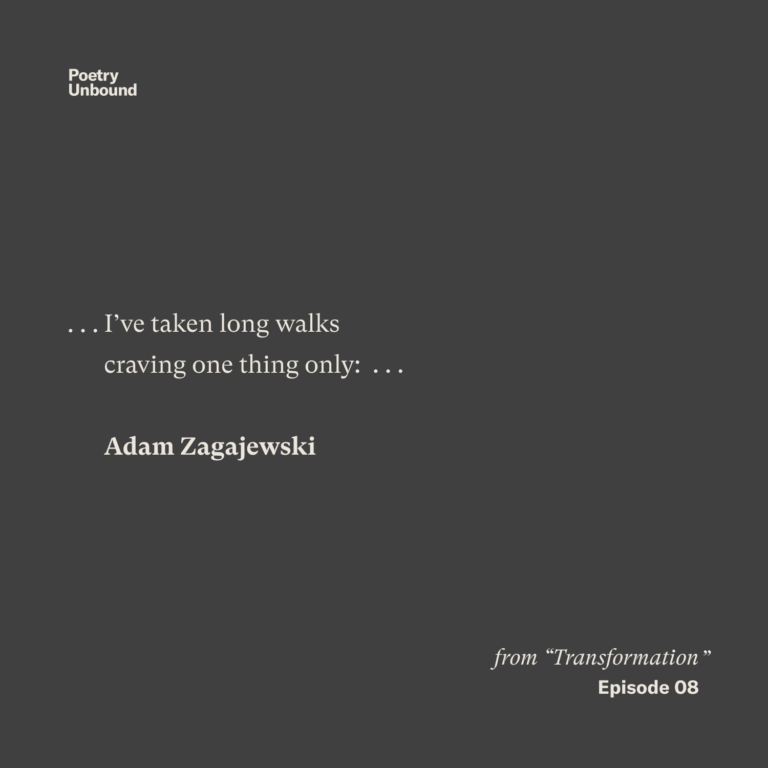
Guest
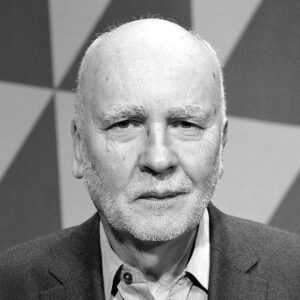
Adam Zagajewski was a Polish poet and novelist born at the end of World War II. English translations of his books of poetry include Mysticism for Beginners (Farrar, Straus and Giroux 1999), Without End (Farrar, Straus and Giroux 2003), Eternal Enemies (Farrar, Straus and Giroux 2009), and Asymmetry (Farrar, Straus and Giroux 2019). Zagajewski was the recipient of a Guggenheim Fellowship (1982), the Neustadt International Prize for Literature (2004), and the Heinrich Mann Prize (2015). Image by Frankie Fouganthin / Wikimedia Commons
Transcript
Pádraig Ó Tuama: My name is Pádraig Ó Tuama, and when I turned 40, I kind of went through a midlife crisis. And I was surprised. I’d never cared too much about what age I was, but somehow 40 landed on me with a strangeness, and I couldn’t write a poem for months. And that was such a distress because normally that’s what I turned to to figure out what I’m feeling. Most of the time I feel like the page knows what I feel better than what I do. Not having that was a deep grief.
When, months later, I was at the beginning of a meeting, I was leading the meeting and I said to everybody, “Oh, can we all just spend a bit of time reflecting?” Because a poem landed for me and I needed to capture it. And I wrote this poem that brought language back to me in a new way.
[music: “Praise the Rain” by Gautam Srikishan]
“Transformation” by Adam Zagajewski, translated by Clare Cavanagh:
“I haven’t written a single poem
in months.
I’ve lived humbly, reading the paper,
pondering the riddle of power
and the reasons for obedience.
I’ve watched sunsets
(crimson, anxious),
I’ve heard the birds grow quiet
and night’s muteness.
I’ve seen sunflowers dangling
their heads at dusk, as if a careless hangman
had gone strolling through the gardens.
September’s sweet dust gathered
on the windowsill and lizards
hid in the bends of walls.
I’ve taken long walks,
craving one thing only:
lightning,
transformation,
you.”
[music: “Catching Water” by Gautam Srikishan]
I love this poem. The first time I read it was when I decided that I was going to read through everything in Adam Zagajewski’s English translations, all done by Clare Cavanagh. And this is in his first book in English, Mysticism for Beginners. And that “you” at the end, “I’ve taken long walks, / craving one thing only:” – And then he mentions three things: “lightning / transformation / you.”
And I always want to take a breath with that. There’s a way within which you have a poet here who seems like they’ve lost some of their connection to the thing that keeps them going. And, what’s amazing, is he knows the practice. He’s walking, he’s thinking, he’s doing all of these things, which we’ll look at, but nothing is coming to him. And he’s looking for something that seems to occur to him in three words: “lightning, / transformation, / you.” What used to work, isn’t work. “I can’t get to where I used to get to. And here is what I really want to get to.”
It’s powerful, because I think so many of us have that. It may not necessarily be poetry for everybody. It might be a piece of work. It might be a relationship. It could be spirituality. It could be all kinds of things. It could be some other form of creativity, but when the thing that’s always gotten you there, isn’t getting you there anymore, what happens? What do you do?
[music: “Algea Trio” by Blue Dot Sessions]
As I read this poem, I wonder what keeps Adam Zagajewski going. For him, it’s clearly his call to poetry. And there’s a crisis in the first line. “I haven’t written a single poem / in months.” And it seems like the thing that’s kept him going has departed from him. But he is continuing to try. He’s doing all the things that he knows might help.
You know, he reads the paper, how he lives. He ponders politics and the riddle of power, pondering action. And then there’s sunsets and birds and sounds at night. And each of these feel like he’s taken these walks regularly. He’s been noticing the sunflowers, and he’s been thinking about how their heads are dangling. And then there’s dust, and the end of summer, time is ticking by there, the year is getting older, maybe even moving toward its end. And there’s lizards and walls and long walks. Time is dragged out here and is being measured by a period of time when you say, “that thing, which I love, has not been present.” Everything else seems to have a certain kind of hollowness to it because he’s missing something that normally holds him together.
I’m curious what I’m like when my mojo is gone, you know. Do I not just miss the outcome, for writing a poem for me, very similar? Or do I also neglect the thing that might bring me there? Or do I think – “that pathway isn’t working anymore, I need to find something new?” I don’t know if there’s a formula. I don’t think there is. Things change. But you can be disappointed that the outcome isn’t working, as well as disappointed at your disappointment. And that can just cause further crisis upon crisis.
And in Adam Zagajewski’s work here, what you see is somebody who’s doing the slow, deliberate, committed work of trying to do the thing that will bring him towards that core desire, that core thing that keeps you going.
[music: “Ashed to Air” by Gautam Srikishan]
Adam Zagajewski was a Polish poet. He only died in 2021. And he always wrote in Polish. And his work is translated by Clare Cavanagh, who also translates other poets as well. This poem is from an early book of his translated into English, Mysticism for Beginners.
Adam Zagajewski’s whole life was affected really by everything that happened after the reshaping of borders in Europe after World War II. He was born just at the end of World War II. June, 1945 in what was then Poland and is now Lviv in Ukraine. And so, his parents and grandparents had to leave a city they loved when he was a tiny baby. And he grew up in the shadow of exile and with this yearning for something in him.
He is a poet who takes responsibility so seriously. Initially to the question of citizenship in his life. And then, later on, to whether art can speak to power and what language can do for a people, and not just their internal life, but their public life too. He has lived in the world into which he was born, taking seriously what happened – what happened to him, what happened in his country, what happened to language, and what he can do, as an artist, to pay attention to his deepest integrity.
And for him, this yearning, this searching for a place – and place is both physical, but it’s also metaphysical for him. He’s pursuing this place of encounter, which for him is almost this spiritual practice of arriving in conversation with a poem that speaks about transcendence. And here he’s yearning for it, yearning for that transformation, yearning for that lightning, yearning for that “you.”
[music: “Ashed to Air” by Gautam Srikishan]
There’s great irony, and almost playfulness, towards the end. “I’ve taken long walks / craving one thing only:” – and then he mentions those three things: “lightning, / transformation, / you.” Craving is such a powerful verb. And what is that one thing? What is that “you”? Is it poetry? The light in the lightning might be the thing that opens up what’s in front of him, on his walks, on his ponderings and reflections, that opens it up so it’s transformed into poetry. So maybe this is a poem to poetry – “you.” Or maybe it’s a poem to God or whatever he calls God. Or maybe it’s a poem to a lover.
I love the possibility that this poem, depending as to who’s listening to it, can be interpreted in so many different ways. Who is that “you” for you?
The “you” is such an intimate word. He’s not just speaking about something. He’s speaking to it. And in the silence around this poem, there’s the hope that the “you,” whatever it is, is listening back. And the place where poetry or desire or spirituality or practice, the place that that affects in him, lands in him in the most intimate place, which is the place of encounter, the place of yearning, the place that wishes for connection, the place that wishes to speak to and be heard by.
[music: “Ashed to Air” by Gautam Srikishan]
“Transformation” by Adam Zagajewski, translated by Clare Cavanagh:
I haven’t written a single poem
in months.
I’ve lived humbly, reading the paper,
pondering the riddle of power
and the reasons for obedience.
I’ve watched sunsets
(crimson, anxious),
I’ve heard the birds grow quiet
and night’s muteness.
I’ve seen sunflowers dangling
their heads at dusk, as if a careless hangman
had gone strolling through the gardens.
September’s sweet dust gathered
on the windowsill and lizards
hid in the bends of walls.
I’ve taken long walks,
craving one thing only:
lightning,
transformation,
you.
[music: “Praise the Rain” by Gautam Srikishan]
Chris Heagle: “Transformation” comes from Adam Zagajewski’s book Mysticism for Beginners. Thank you to Farrar, Straus and Giroux, who gave us permission to use Adam’s poem. Read it on our website at onbeing.org.
[music: “Praise the Rain” by Gautam Srikishan]
Poetry Unbound is: Gautam Srikishan, Eddie Gonzalez, Lilian Vo, Lucas Johnson, Amy Chatelaine, Kayla Edwards, and me, Chris Heagle.
Our music is composed and provided by Gautam Srikishan and Blue Dot Sessions.
This podcast is produced by On Being Studios, which is located on Dakota land. Open your world to poetry with us by subscribing to our Substack newsletter at poetryunbound.org. You may also enjoy our other podcast On Being with Krista Tippett, or our newsletter, The Pause. Visit us at onbeing.org to find out more.
Pádraig Ó Tuama: Friends, thanks very much for listening to Poetry Unbound, whether you’re new or you’ve listened to them all — your attention makes everything worthwhile. And I’ve got some news: I’ve written a book, Poetry Unbound: 50 Poems to Open Your World. There’s 50 poems, each with a fresh essay written by me. I’d love if you’d pre-order it, or pre-order a few, and join up to our free interactive newsletter. Links to everything at poetryunbound.org.
Books & Music
Recommended Reading
The On Being Project is an affiliate partner of Bookshop.org and Amazon.com. Any earnings we receive through these affiliate partnerships go into directly supporting The On Being Project.






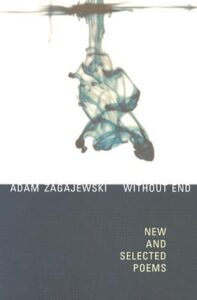
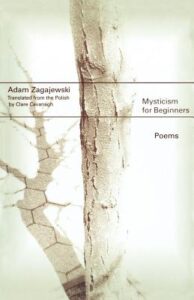
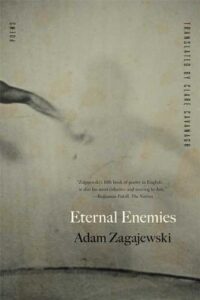
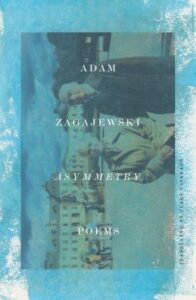

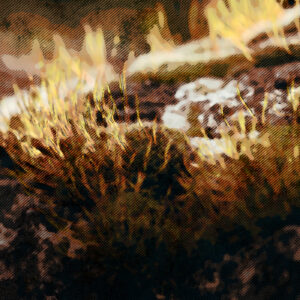
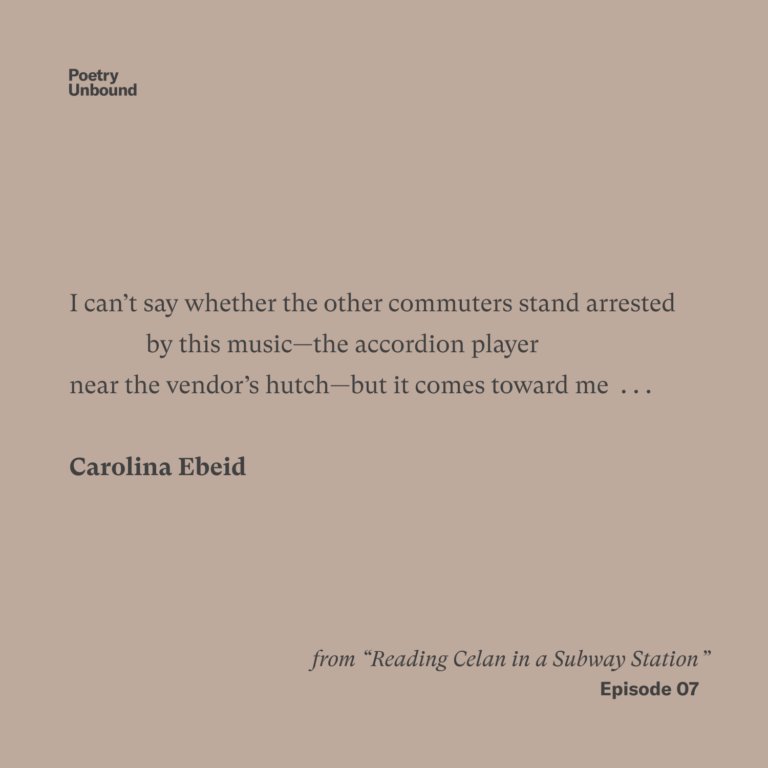
Reflections